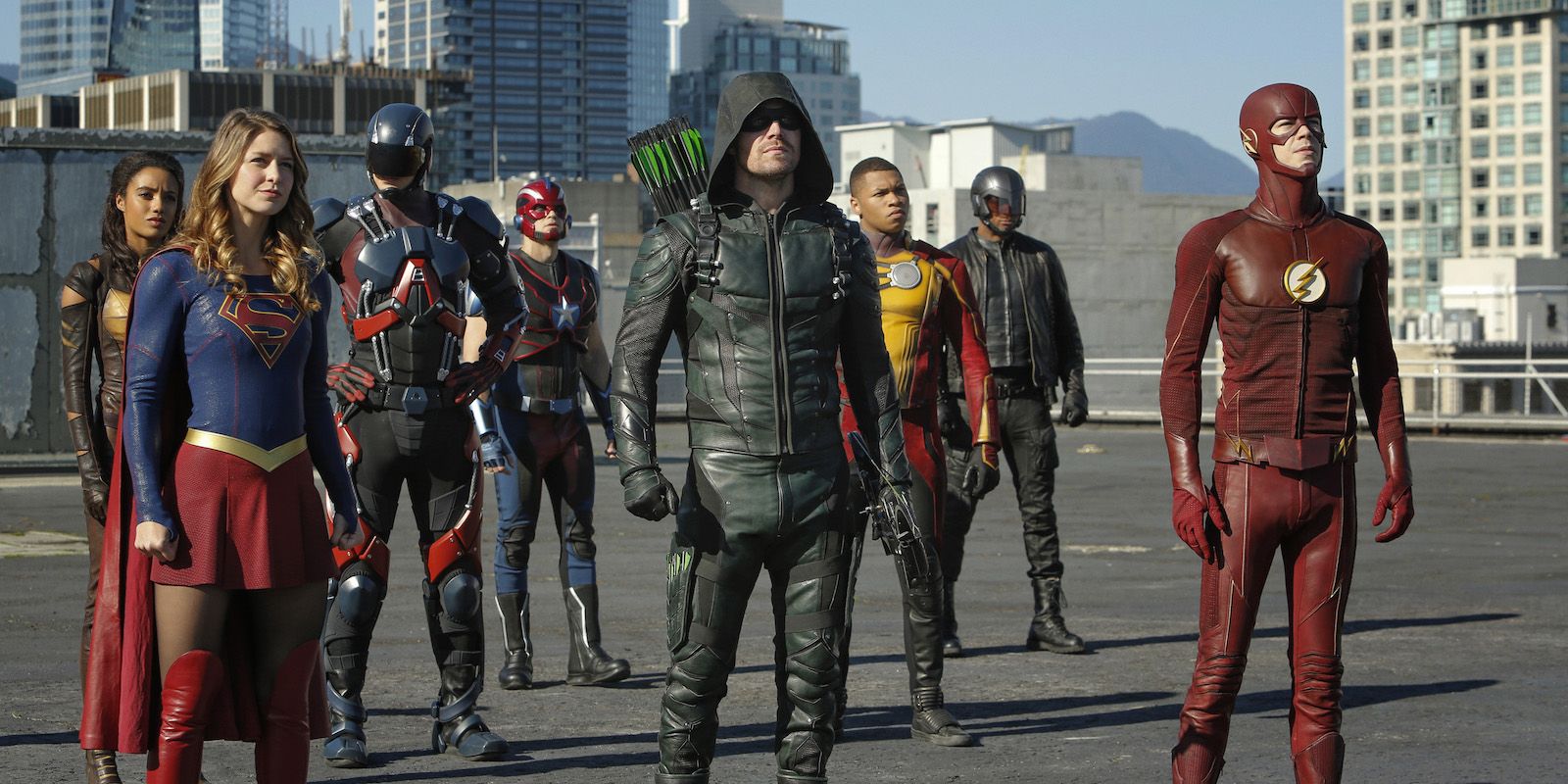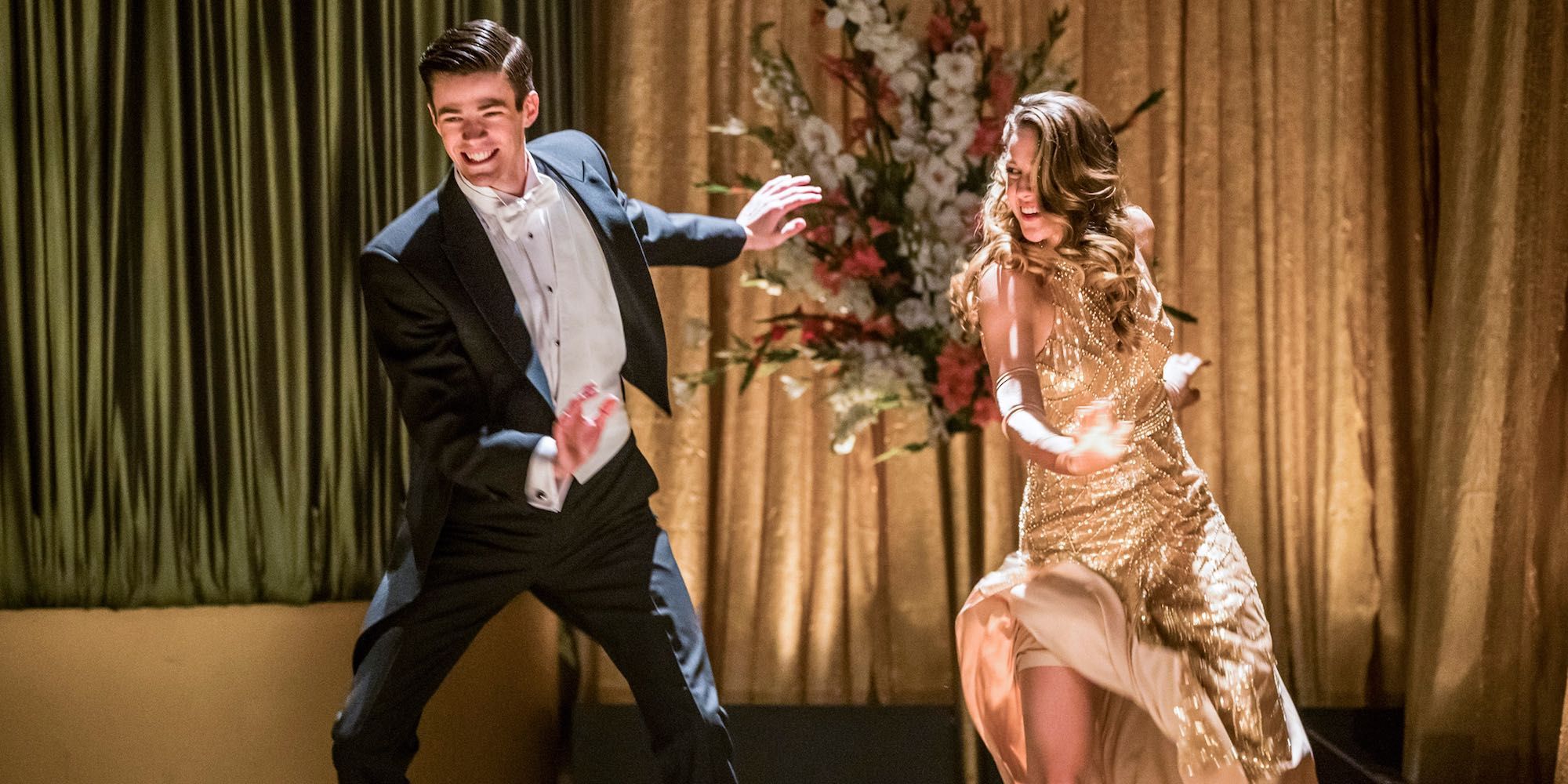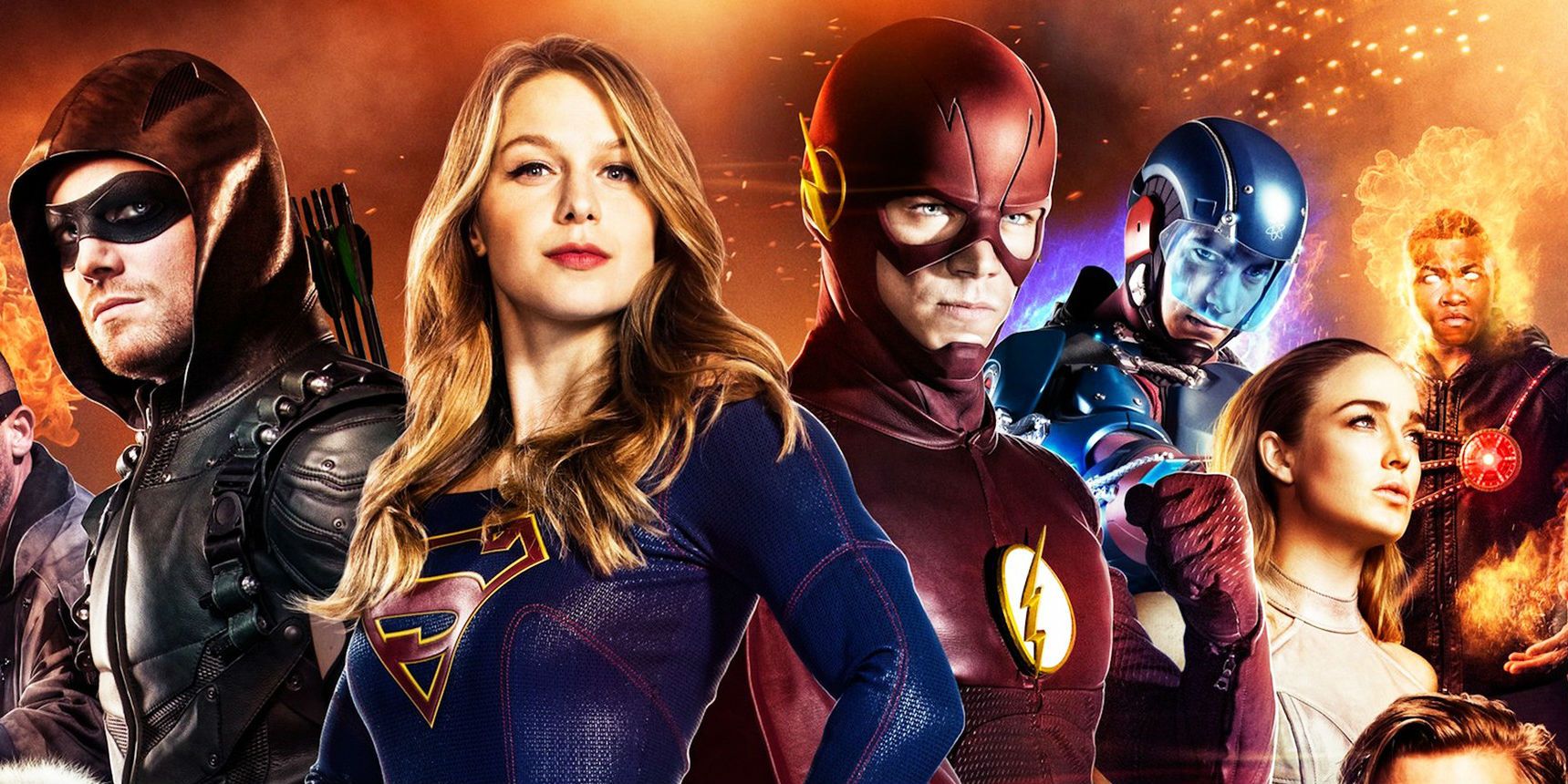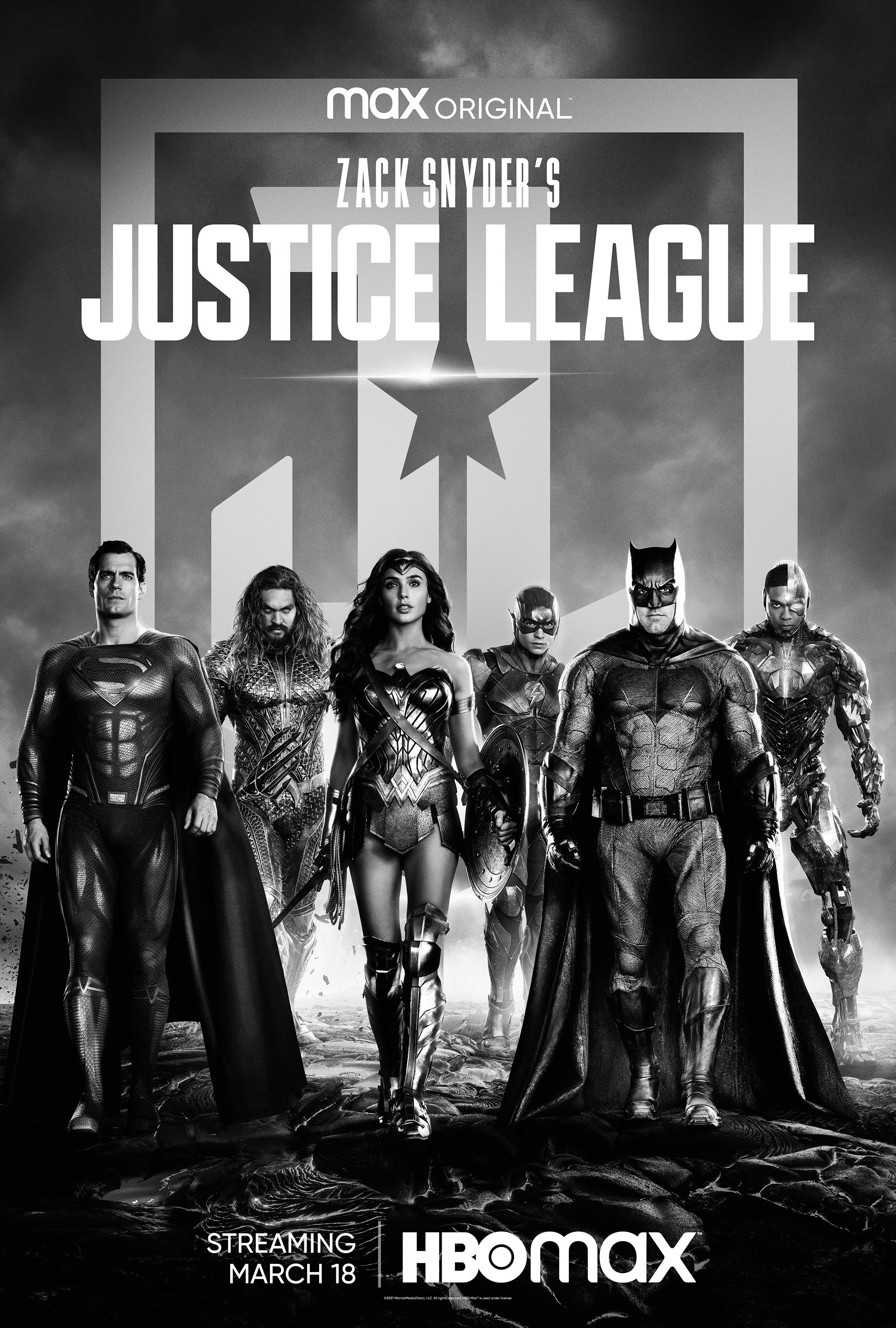This week's episode of Supergirl ended in a particularly bizarre way, which is saying something for a series that's settled into being a soapy mash-up of Buffy, Felicity and Alien Nation. After a decidedly plot-heavy storyline that revealed the (poorly kept, it must be noted) secret backstory of Mon-El and introduced new soon-to-be villains in the form of his alien royalty parents (Terri Hatcher and Kevin Sorbo) while also keeping the rest of the cast busy with Agent Winn's romance taking a noir-ish turn, Darren Criss turned up out of nowhere at the very end as new villain The Music Meister - sticking around only long enough to hypnotize Supergirl and blink off to another dimension with a glib notice to the audience that the story (such as it is) will continue in the next episode of The Flash.
Odd, disjointed and awkward, but by now Supergirl viewers are likely used to the spectacle and even expecting this sort of abrupt transition whenever a main storyline wraps up with an extra five minutes to spare. The ratings, reviews and fan feedback is clear: Crossovers with the rest of her CW DCEU TV family is something Supergirl's viewers enjoy seeing, but thanks to to the roundabout way she came to the network the series has to twist it's plot into (and then out of) knots in order to make each team-up happen.
With The CW having originally passed on the show, Supergirl ran its first season on CBS to decent but unspectacular ratings. "Unspectacular" for a major network being synonymous with "good" at The CW, the series made the jump there for season 2... but had already established via a (fan-demanded) crossover with The Flash in season 1 that the two heroes occupied two different parallel dimensions. That made sense back when Supergirl was staking out its originally-intended niche as the lone flights n' tights series in a network lineup otherwise focused on conventional dramas and sitcoms. But with the series now firmly ensconced in the CW superhero menagerie, it's become noticably awkward that Kara Zor-El needs to constantly contrive a reality-bending "event" to spend time with her colleagues, whereas the others can simply hop on a bus.
It has become, at this point, fairly clear: It's time for The CW to merge its two universes.
It was probably always going to come to this. In the era of the Marvel Cinematic Universe charting the course that the entire genre is eager to follow, once superheroes start waving at each other from across the boundaries of their individual films (or TV episodes) audiences seem to want to see them meet up as often as possible. When Supergirl launched, The Flash was still the new younger sibling to Arrow. Now, however, all three are well-established, Legends of Tomorrow appears to be in for the long haul as well and Black Lightning is on the fast-track to join them. It only makes sense that they'd all end up living "together" (if not always adjacent), and it now makes little sense at all that the superhero with the best-known brand name should be specifically segregated from the rest.
In retrospect, it's somewhat surprising that it will have taken DC's attempt at cross-media universe-building this long to run into this very issue. On the comics side, DC invented its own "Multiverse" concept in order to patch over continuity holes, but eventually started using it to explore myriad alternative versions of heroes and villains - ultimately creating a sprawling multi-world continuum beloved by longtime readers, but impenetrable to newcomers. The solution, a year long event maxiseries called Crisis on Infinite Earths, aimed to simplify things by collapsing the whole morass into a single world and timeline (with all but a handful of those dwelling there aware that it hadn't always been that way), but instead set off a decades-long series of attempts to refine the concept.
Fortunately for the Arrowverse (or whatever it needs to be called now that Oliver and co. are no longer truly the most talked-about corner of the thing) the fix here - if and when they decide to pull the trigger - would likely not be anywhere near as difficult or complicated. As noted, Supergirl is the only series technically living on its own, and in its scaled-down CW reincarnation there are hardly any "civilian" characters to be worried about explaining a universe shift to. It would be the occasion for an "event," certainly, but once whatever storyline magic was worked to mash Earths 1 & 38 together the process of glibly pretending that CatCo has "always" been publishing accounts of Green Arrow and Flash's exploits (or that Supergirl's alien-immigration issues are also fretted about in other heroes' cities) wouldn't exactly make waves.
Of course, there's always the elephant in the room: Superman himself, who exists (obviously) in Supergirl's universe but does not have a mirror-self in the other timeline. His absence from Kara's day-to-day adventures makes a certain amount of sense given that she's his near-equal and seldom requires the extra help, but it's perhaps tougher to explain why he'd have never lent a hand in the cataclysms afflicting the other guys' turf if he's suddenly supposed to have been around the whole time. Granted, comics fans stopped expecting an answer to that question something like 70 years ago, but TV fans might be less willing to let it slide. Taking him out of the picture somehow probably wouldn't fly either, given that "get rid of Superman so no one asks why we need the others" is already the setup of the Justice League movie.
Regardless, this is a bandage Supergirl and the Arrowverse need to rip off sooner rather than later. However rough it might be initially, everything will fit together much better when its over.
Next: Mon-El’s Royal Past Explained
Supergirl continues Monday, March 27 with ‘Distant Sun’ at 8pm on The CW.




